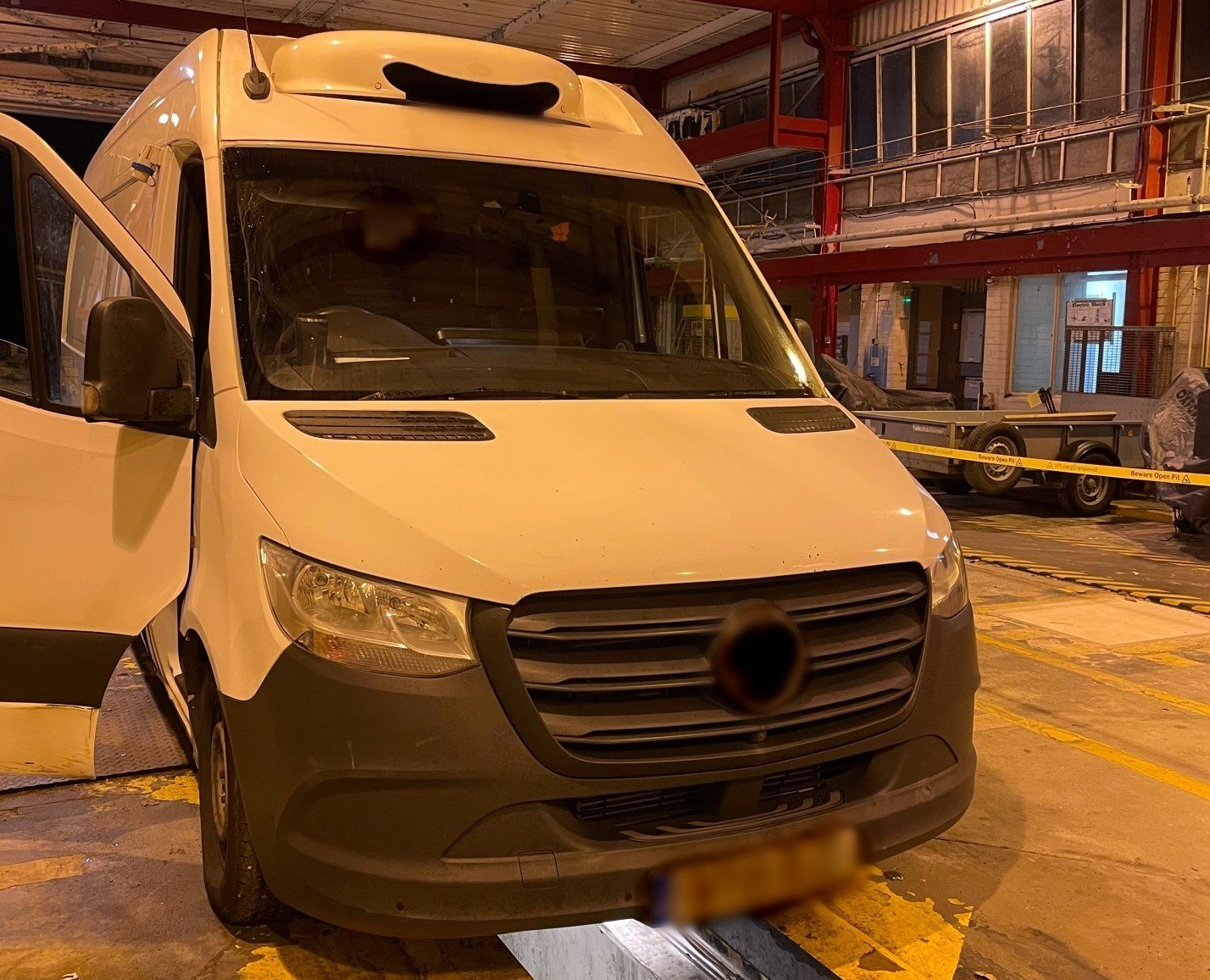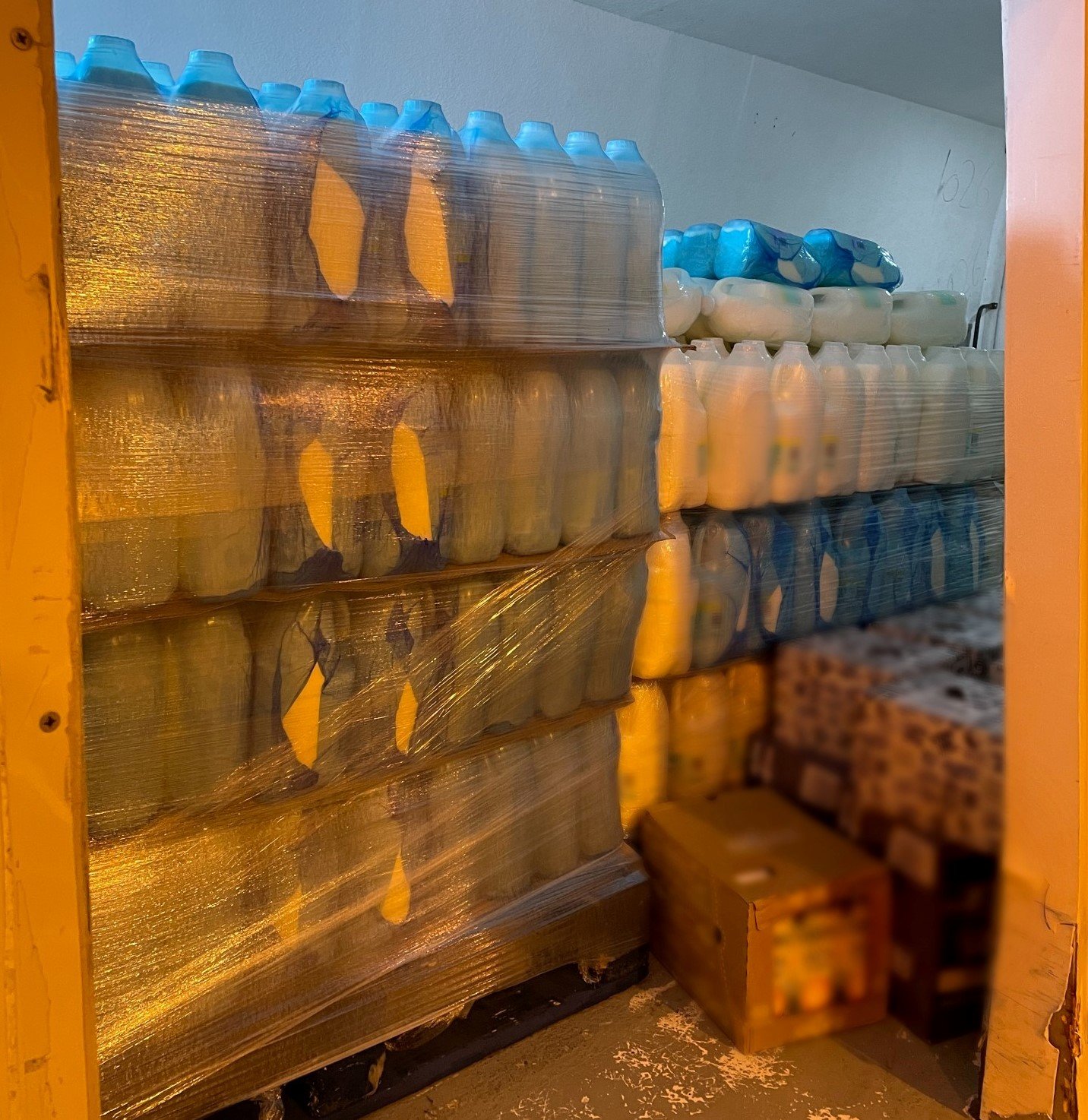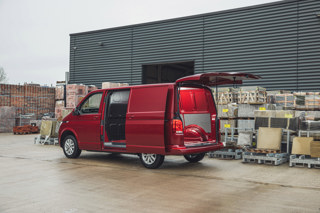A record-breaking fine has been imposed on a fleet for repeated overloading offences, following a hearing at Bristol Magistrates’ Court.
Starling Distribution Services was ordered to pay £759,000 – the biggest fine being issued ever for a Driver and Vehicle Standards Agency (DVSA) prosecution – after being convicted of overloading and defective vehicle offences for its milk delivery service.
Despite the company’s vehicles previously being found overloaded or with dangerous defects on multiple occasions, the court heard it continued to operate in a dangerous manner.
Starling Distribution Services was first prosecuted as part of DVSA’s Operation Milkman back in August 2023, where they were fined £204,660.
Despite this significant fine, the company continued to re-offend, leading to further convictions in November 2023 and August 2024, before this latest court appearance.
The court heard that the DVSA stopped three vehicles being operated by Starling Distribution Services during three routine inspections in August 2024 and in February, this year.

The vehicle with the biggest overload weighed 5,040kg when it should have weighed no more than 3,500kg, meaning it was 44% over the maximum permitted limit.
Another of the vehicles was overloaded by 1,080kg, meaning it was 30.86% over the maximum permitted limit. It also had significant roadworthiness issues including braking defects and inoperative direction indicators.
The vehicle’s condition was deemed to pose a danger to road users, and an immediate prohibition was issued.
Marian Kitson, DVSA director of enforcement, said: “Operators who think they can continually flout the rules will face the full force of the law, as demonstrated by the success of this prosecution.
“There is no excuse for vehicle operators who fail to comply and put the safety of other road users at risk.”
Starling Distribution Services was ordered to pay a total of £759,000 by the court on May 30. This was made up of a total fine of £750,000, victim surcharge of £6,000 and costs of £3,000.
Two drivers were also prosecuted and issued smaller fines and costs.
Kitson continued: “DVSA’s priority is to protect everyone from unsafe vehicles and drivers.
“We target operators who try to undercut the competition by cutting corners on safety or using the wrong type of vehicle.”
Light goods vans (LGVs) – which can weight up to 3,500kg GVW – can have a relatively small carrying capacity when the unladen weight is considered, particularly when a fridge unit is fitted. This example, says the DVSA, shows that weight rather than volume can be a limiting factor for these vehicle types.

For this reason, smaller refrigerated vehicles are generally considered unsuitable for the carriage of large quantities of heavy items such as milk. These goods should be carried by an HGV, says the DVSA.
HGVs have tighter regulation within the operator licensing scheme, including more prescription on how vehicles are maintained, and drivers are managed.
In this case, the DVSA said that the operator has chosen to avoid those obligations to obtain commercial advantage over those correctly following the rules.


























Login to comment
Comments
No comments have been made yet.